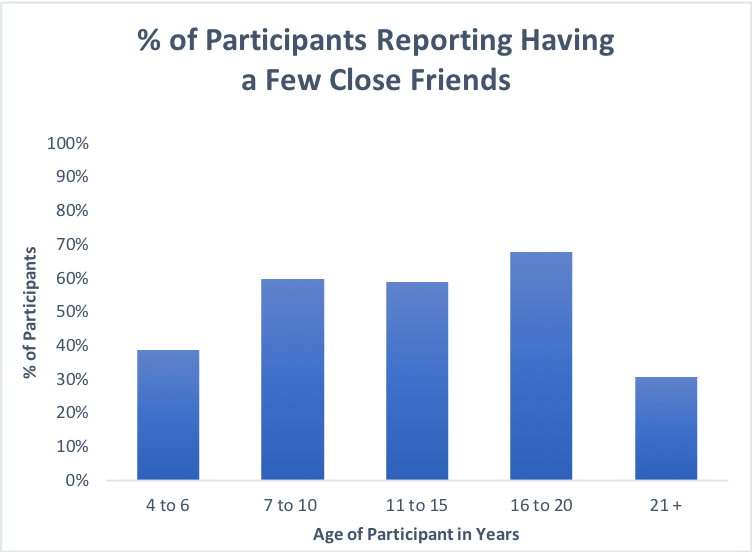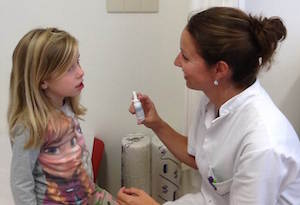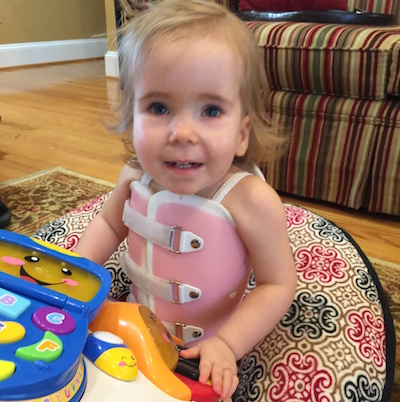Topics: Research
In 1869, scientists isolated DNA for the first time. In 1953, they identified its double-helix structure. In the late 1970’s bone marrow transplantation was introduced, and entire immune systems (genes) were replaced as means to cure some blood cance...
The Foundation for Prader-Willi Research announces our first round of Research Awards in 2019 totaling $786,000. FPWR is dedicated to supporting research that advances the understanding and treatment of Prader-Willi syndrome (PWS) and to that end, ha...
Topics: Research
A new study is now enrolling people with PWS ages 13 to 30 years old and their caregivers to participate in a study to evaluate the use of Mindfulness-based intervention for the treatment of temper outbursts. A live webinar was conducted May 6th whic...
Topics: Research
This blog is based on a presentation at the FPWR 2018 conference. You can watch the complete presentation by clicking on the embedded video. In case you don't have time to watch the full video, we've included a full transcript below. You can also wat...
Topics: Research
Most people with PWS are social and enjoy spending time with family and friends. However, making and keeping friends can be difficult for people with PWS. Because of food issues, people with PWS often need supervision and monitoring, which can make i...
Topics: Research
Researchers are making progress in evaluating the potential therapeutic benefit of oxytocin for PWS. Here, we review some of the most prominent research studies in this area and their implications for PWS.
Topics: Research
This guest blog was contributed by Dr. Jessica Duis, Pediatric Geneticist at Vanderbilt University Medical Center and author of A Multidisciplinary Approach to the Clinical Management of Prader–Willi Syndrome. One of the most common questions I hear ...
Topics: Research
The Foundation for Prader-Willi Research (FPWR) announces a the funding of 11 Research Awards totaling more than $1,000,000. FPWR is dedicated to supporting research that advances the understanding and treatment of Prader-Willi syndrome (PWS) and rel...
Topics: Research
This guest blog was contributed by researchers Elisabeth Dykens and Elizabeth Roof of Vanderbilt University Does your loved one with PWS have hyperphagia? The answer isn't as simple as yes or no. Even if your loved one does not display the hallmark h...
Topics: Research















